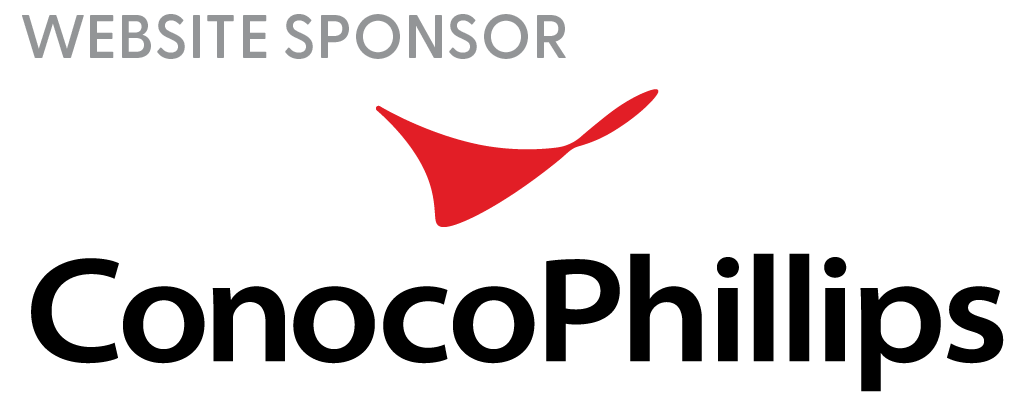Introducing a Decentralized Emissions Data-Sharing Model Built on DePin (Decentralized Physical Infrastructure Network) for Carbon Emissions' Data Compliance, Unlocking a New Digital Asset Class.
In continuation of my deep-dive session delivered at IGRC 2020 exploring Blockchain applications for natural gas, this poster reflects works on cutting-edge decentralized solutions for the LNG industry exploring to deploy a Decentralized Physical Infrastructure Network (DePIN); establishing direct, tamper-proof links to upstream GHG emissions’ data, including methane.
By acknowledging that all stakeholders face fragmented data, trust deficits, and onerous reporting demands, yet each has unique needs for verified emissions information, we explore decentralized platforms to resolve common challenges while serving each group’s distinct operational goals. LNG importers struggle to trace methane emissions across complex, fragmented supply chains, finding that buying certificates is not a substitute for direct accountability.
Recognizing the need to incentivize small & medium producers to participate, DePIN unlocks a decentralized data-sharing model, where producers can securely monetize verified emissions data; LNG buyers gaining direct access to trusted information at source.
By definition, DePIN refers to networks leveraging the strengths of Blockchain technology, such as immutability, transparency, and security, to facilitate the creation of peer-to-peer networks that meet demands. Participants can earn rewards by contributing data to the network.
DePIN platforms provide a near-real-time, verified emissions data directly from producers to importers, ensuring regulatory compliance while reducing friction and cost.
By leveraging blockchain and DePIN architecture, we unlock a decentralized, secure data layer that enables tokenized incentives for emissions reductions.
By tying carbon intensity to specific gas routes, we create a digital incentive that empowers small and mid-sized producers while directly addressing the compliance demands of global importers under emerging climate regulations.
By linking verified performance with financial rewards, we help align climate goals with market forces. If data are freely accessible without adequate safeguards, the incentive to invest in high-quality data collection and analytics diminishes. DePIN system: where data sharing is incentivised, by unlocking a new digital asset class by tokenizing verified carbon emissions’ data.
This system plays a pivotal role in bridging IoT, sensors, Blockchain, AI-models and regulatory frameworks to ensure transparent, secure, and incentivized methane emissions management. It orchestrates users/sensors/analytics’ data, smart contracts enforcement, while maintaining robust governance mechanisms.
DePin offers a path to transform today’s heavy compliance burden into tomorrow’s competitive advantage, by transforming methane compliance into a monetizable asset. It unlocks new efficiencies and financial incentives for real-world emissions reductions The result is a resilient, future-ready solution redefining trust, transparency, and equity across the LNG global value chain.




)
)
)
)
)
)
)
)
)
)
)
)
)
)
)
)
)
)
)
)
)
)
)
)